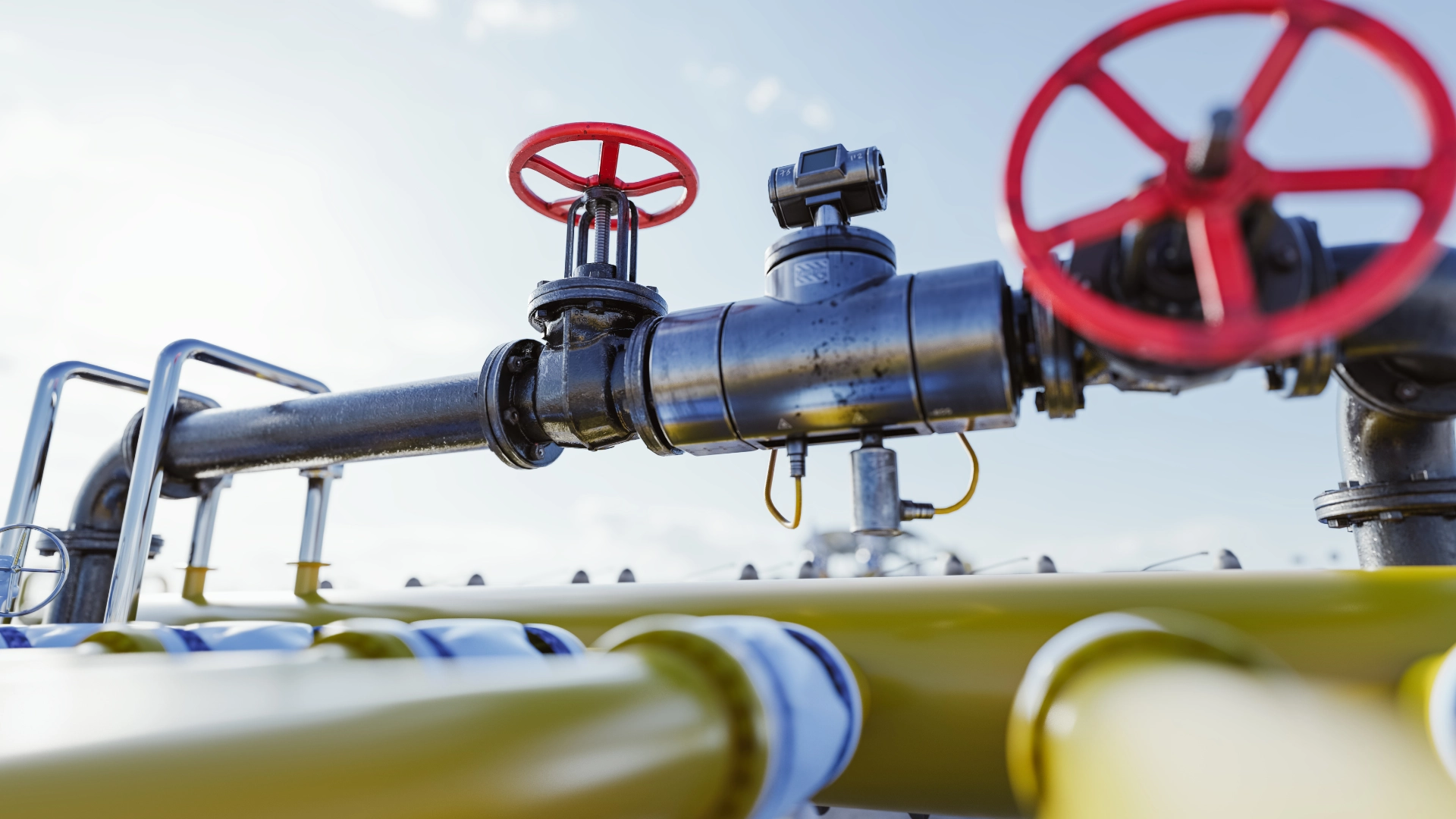When you are shopping around for a natural gas provider or plan, you might wonder when is the best time to lock in natural gas rates. This is an important question to ask and will help get you the best plan for your business. Knowing when natural gas prices normally rise and fall will help you get the best possible rates in the long term.
What does “locking in” natural gas rates mean?
The term “lock in” refers to entering into an energy contract where the price of natural gas is fixed for the term of the contract. This ensures that your rate will remain the same from month to month and isn’t affected by the market.
When you lock in natural gas prices, you get a fixed rate which provides you with a more predictable natural gas bill month to month. Natural gas contracts can be anywhere from 6 months to 5 years, so knowing when prices are the cheapest will help you get the best possible deal for your business.
The best times to get fixed natural gas rates
The natural gas market is normally fairly cyclical and because of this, you can use seasonality to know when prices are likely to be lowest. As consumers use more natural gas in high-demand seasons, market prices rise. This makes the low-demand months the best time to lock in natural gas rates under normal circumstances.
The best time to lock in rates is during the “shoulder months.” Shoulder months are the months just before and after summer: March-April and September-October. Temperatures are generally the most moderate at the end of spring and early fall, as people are using less natural gas to heat and cool their businesses.
As a note, global events like the war in Ukraine or extreme weather like heat waves or snow storms can cause prices to rise so it’s not always best to simply wait for the shoulder months. Ultimately, you will need to take into account seasonality, global events, and domestic events to determine the best time to get the best rates for your business.
What Causes Gas Prices to Fluctuate?
You might have noticed, gas prices never stay the same for long. So, what causes gas prices to fluctuate? Let’s break it down.
One key factor is supply and demand. When there’s plenty of natural gas available and less demand for it, prices usually go down. On the flip side, if demand is high but there’s not enough gas to go around, prices can increase. This leads to a common question: when will natural gas prices go down? The answer can be tricky, as it depends on many factors like weather, economic growth, and even political events.
Now, let’s talk about what causes natural gas prices to increase. One of the most significant causes is extreme weather. For example, during a particularly cold winter, the demand for natural gas for heating can surge. This can lead to a decrease in supply, causing prices to rise.
In addition to weather, political instability can affect gas prices. If a major gas-producing country faces unrest or sanctions, it could cut off supply. This would then lead to an increase in prices.
The best way to avoid these fluctuations might be to lock in gas prices. One popular way to do this is through a fixed-price natural gas contract. With this, you agree to pay a set price for gas for a certain period. But what is a good fixed rate for natural gas?
A “good” fixed rate will depend on the current market conditions and your energy needs. It is often best to consult with an energy broker, like Consumer Energy Solutions, who can guide you through this process.
But when is the best month to lock in natural gas rates? Typically, spring and fall are the best times to lock in rates. These seasons are often when demand is lower, leading to more favorable prices. However, the exact timing may vary based on current market conditions.
Fixed gas prices can provide stability and peace of mind in a market that often fluctuates. You know exactly what you will pay for your energy needs, no matter what happens in the market. So, next time you’re wondering about gas prices, remember that you have options to secure a steady rate.
Remember, it’s all about understanding the market and making it work for you.
Natural occurrences that affect energy prices

Various environmental factors affect how much you pay for energy, such as:
The Season: When temperatures rise in the summer, businesses rely heavily on air conditioners to keep cool. Similarly, when it gets cold in the winter, consumers rely on furnaces to stay warm. The increase in demand during these periods causes the price of natural gas to rise and when the weather is more mild, prices fall.
Storms: Hurricanes, tornados, blizzards, or severe tropical storms can negatively impact natural gas production or transportation. When this happens you can expect prices to rise, especially if it is during a high-use month like December or January.
Natural Gas Reserves: The United States produces the majority of natural gas that it consumes. All natural resources are limited and as supplies dwindle, prices could go up. However, the US itself has about 100 years of supply left assuming no more is found domestically.
Man-made causes for fluctuating energy costs

Government Regulations and Taxes: The government often creates laws and standards that influence natural gas prices. This could be increased or decreased taxes, new environmental regulations, or opening/closing natural gas extraction sites.
Natural Gas Production: How much natural gas is produced and the cost to produce it heavily affects prices. An excess in production could cause prices to fall and if the price to produce natural gas rises, prices will also rise.
Consumer Confidence: When the economy is predictable and strong, spending more on natural gas is less risky and makes investors confident. But if the economy is not doing well, there is more risk involved and people will spend less. In both cases, the price of natural gas is affected.
Competition Between Other Fuels: Some large-volume fuel consumers such as power plants and iron, steel, and paper mills can switch between natural gas, coal, and petroleum, depending on the cost of each fuel. When the costs of the other fuels fall, demand for natural gas may decrease, which may reduce natural gas prices. When the prices of competing fuels rise relative to the price of natural gas, switching from those fuels to natural gas may increase natural gas demand and prices. However, the capability of the U.S. manufacturing sector to switch fuels has declined in recent decades.
International Events: There are any number of events that can occur in foreign countries that can cause natural gas prices to change. A decrease in production in Europe could cause increased demand for American natural gas exports, thus increasing demand drastically which could increase prices domestically.
Should you get a fixed-rate for your natural gas now?
Probably. With the current state of the energy market and global affairs, prices are likely to continue to rise. If you lock in your prices now you may be able to protect your business from further rate increases.


